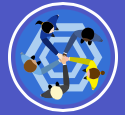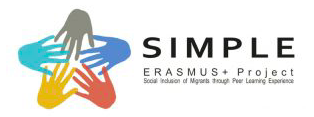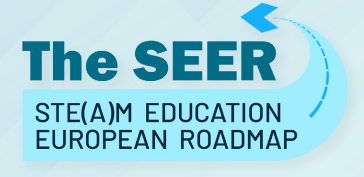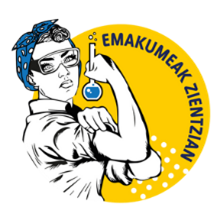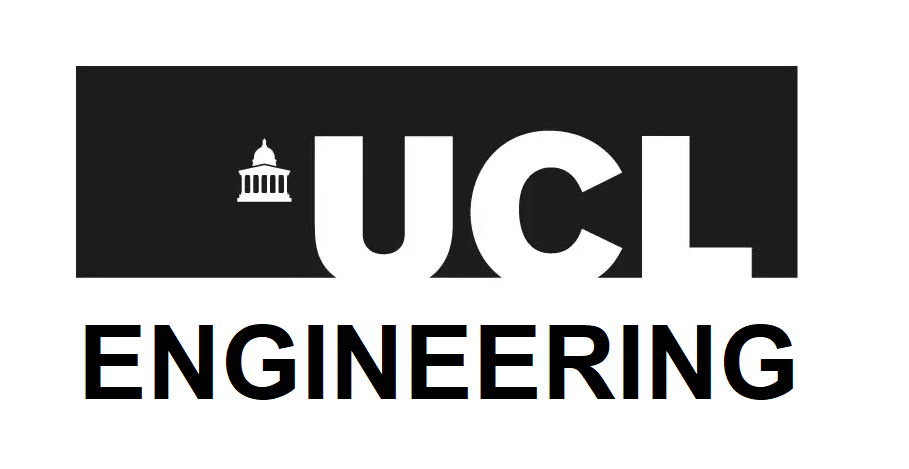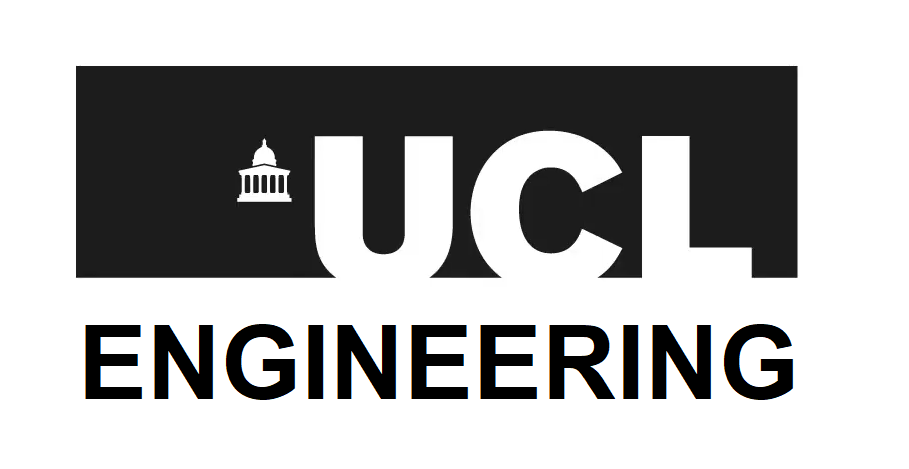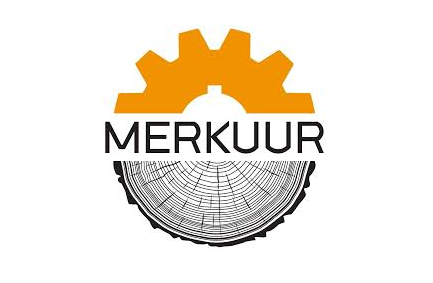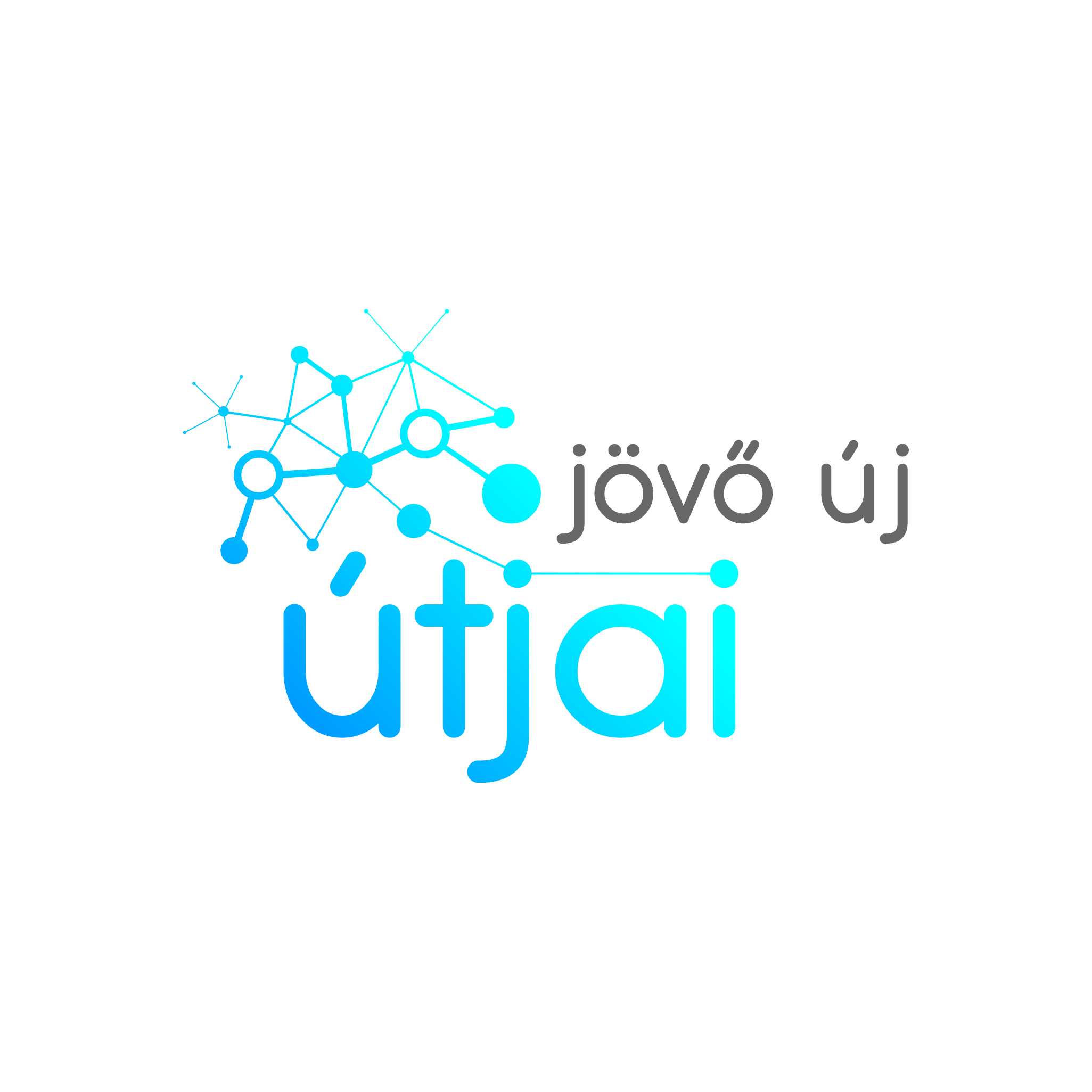STEM4TECH
The STEM4Tech Applied Futurology (STEM4Tech) Project is a collaborative endeavour with partners Helix from Greece and AJE from Spain, poised to revolutionise STEM education by infusing it with cutting-edge technological innovation and forward-thinking Futurology and developing the concept of Forwardism.
The impact of the STEM4TECH model has been spread across target groups, partner organisations, local and international stakeholders.
Specifically, objectives of the model include:
- Improvement and enhancement of STEM career development activities
- Improvement in economic opportunities for young people and new arrivals (youth who are refugees)
- Increased professional knowledge and competences of all partner staff in terms of STEM career development
- Application of innovative methods in supporting STEM career and skills development
- Development of coherent tools for mobilising STEM4tech and futurology in classrooms across the EU
- Creation of scalable STEM4tech model and activities on local, national and international level
- STEM 4 Tech and applied futurology resource development for use in formal and informal contexts
- Development of digital skills, employability and future visioning of students
- Promotion of STEM careers and development of the putting the A (Arts) into STEM careers (design, digital art, eSports, etc.) = STEAM Careers.

The project officially ends on 31 January 2025. So, the STEM4TECH model’s impact will only be able to be fully measured then. However, the model aims to achieve the following impacts:
A)Impact on the participants/target group: The STEM4tech model will develop professional skills, alongside deeper strategic leadership in terms of youth work, non formal learning and volunteering, enhancing their synergies and complementarity with formal education systems and the labour market. The developed programme will empower the target group to maximize the organizational outcomes and drive social impact while providing rigorous and relevant tools and strategies for transformative leadership. The programmes focus on developing the skills essential in preparing for and leading change and digital transformation associated with on going learning agenda. The target group will explore processes necessary to prepare the organization for change, learn frameworks from which to lead the change and understand tools needed for transformation.
B)Impact on participating organisations The project will have a significant impact on the consortium partners and the wider community (youth organisations and NGO environment) through the development and implementation of project objec-tives. The project aims to build the capacity of partners who range from small NGOs to large infrastructure organisation by working together, using a collaborative approach and by transfer of knowledge to enable partners to compete and to have raised the quality standards of the management, the training of staff and the improved delivery content to drive the green agenda. In addition, all partners will extend their digital knowledge and competences, and so, will enhance their existing capacities and will develop in-depth know-how in the design and delivery of actions aiming to promote digital readiness for developing skills across youth organisations, institutions, staff and trainees. Participants will also gain enhanced capacity to work collaboratively at an international level, create networks and design internationalization strategies, as well as attract further funds (from national and international donors) to support their mission.
The STEM4Tech offers a solution to the following people:
- Young people seeking opportunities to improve employability.
- Young people who are interested in starting a business
- Those interested in social enterprise solutions
- Young people who wish to explore STEM and STEAM careers
- Parents who want their children to expand their employability options.
- Young people living with disabilities, the model is designed to promote access.
- Local and national governments who wish to introduce innovative youth development projects.
- Companies that wish to expand their CSR activities and promote STEM and STEAM careers
- Schools who want to improve participation in education
- Community based organisations addressing ‘at risk’ youth.
- Those interested in gaining work experience (InternZone, Digital Apprenticeships, etc) - the model is complement by client based projects.
- Those wishing to develop their digital skills and expand economic opportunities
- Those young people who are seeking better career prospects in STEM and STEAM areas.
- Students who are interested in the future of technology
- Educators and community practitioners who wish to embrace futurology for delivery of STEM and STEAM careers.
KA210 Youth Erasmus+ Grant: 60 000






